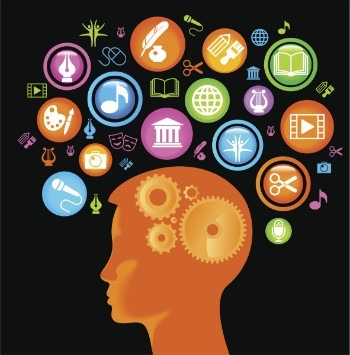Next in mental health, substance abuse: Preventive interventions to strengthen working memory
—
Strong working memory puts brakes on problematic drug use (Medical Xpress):
“Adolescents with strong working memory are better equipped to escape early drug experimentation without progressing into substance abuse issues…Most important in the picture is executive attention, a component of working memory that involves a person’s ability to focus on a task and ignore distractions while processing relevant goal-oriented information, says Atika Khurana, a professor in the Department of Counseling Psychology and Human Services…
“Prefrontal regions of the brain can apply the brakes or exert top-down control over impulsive, or reward seeking urges,”…The findings suggest new approaches for early intervention since weaknesses in executive functioning often underlie self-control issues in children as young as 3 years old, she said. A family environment strong in structured routines and cognitive-stimulation could strengthen working memory skills…For older children, interventions could be built around activities that encourage social competence and problem solving skills in combination with cognition-building efforts to increase self-control and working memory.”
Study: Experimentation versus progression in adolescent drug use: A test of an emerging neurobehavioral imbalance model (Development and Psychopathology; behind paywall)
- Abstract: Based on an emerging neuroscience model of addiction, this study examines how an imbalance between two neurobehavioral systems (reward motivation and executive control) can distinguish between early adolescent progressive drug use and mere experimentation with drugs. Data from four annual assessments of a community cohort (N = 382) of 11- to 13-year-olds were analyzed to model heterogeneity in patterns of early drug use. Baseline assessments of working memory (an indicator of the functional integrity of the executive control system) and three dimensions of impulsivity (characterizing the balance between reward seeking and executive control systems) were used to predict heterogeneous latent classes of drug use trajectories from early to midadolescence. Findings revealed that an imbalance resulting from weak executive control and heightened reward seeking was predictive of early progression in drug use, while heightened reward seeking balanced by a strong control system was predictive of occasional experimentation only. Implications of these results are discussed in terms of preventive interventions that can target underlying weaknesses in executive control during younger years, and potentially enable at-risk adolescents to exercise greater self-restraint in the context of rewarding drug-related cues.
To learn more:



